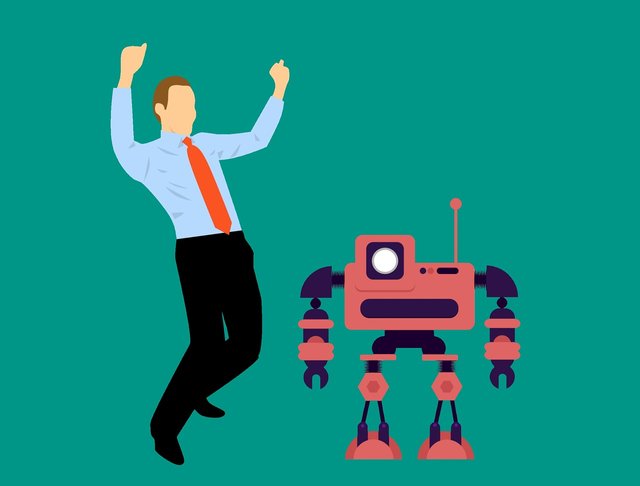Will artificial intelligence end today's jobs?

At the end of the 18th century, the Industrial Revolution was beginning to pick up speed in the United Kingdom, a trend that was to be greatly boosted in the first decades of the 19th century. In line with these historic developments in the fields of technology and means of production, concern was widespread about the destruction of millions of jobs. In fact, there was even a violent movement, ludism, that was clamoring for the destruction of the machines. In 2017, many people have practically the same question: are today's jobs threatened by the development of Artificial Intelligence?
The question is, of course, pertinent, but perhaps not well posed. It is possible, not to say absolutely safe, that many of today's jobs will not survive the development of this technology. We are mainly talking about jobs that require lower professional qualifications and which tend to deal with processes that generate low added value within production chains. They would essentially be more or less simple tasks or tasks that do not require a great deal of previous knowledge on the part of the worker. This group would also include occupations related to data processing. Not with your treatment.
But does this mean, however, that the future of work depends on machines and that there is a destruction of jobs that has never been seen before? No, you can breathe with relief. The substitution discussed above will not be able to make the leap to making specialized decisions. For example, a powerful processor can analyze millions of data in a very short time, establish patterns and issue responses accordingly. Now, can you infer emotional responses or are they clearly related to human nature that is, by definition, unpredictable? No. Advice in any field, personalized services, process management and personal assistance will not be easily substitutable by the IA.
In short, the IA will knock out a good handful of jobs that currently occupy many people around the world. That said, it will also be responsible for creating new jobs, some of which we cannot even imagine today. This has happened on other occasions and the result of this new revolution could be a remarkable improvement in people's quality of life. The work will specialise (and require a higher qualification, by the way) and will take on tasks that are less physically demanding or time-consuming. Not a bad picture.
@travelmate,
I wished I shared your optimism. Regrettably, I do not. The concern over AI is not that it with displace low-skilled jobs, as every technological advancement in history has done. It's that it will displace jobs that require "thinking."
If you're interested, @cryptogee and I had an interesting series of exchanges on the subject. I'd love to get your feedback.
https://steemit.com/ai/@quillfire/killing-off-cryptogee-s-fantasy-girlfriend-is-ai-even-possible-in-non-biological-entities